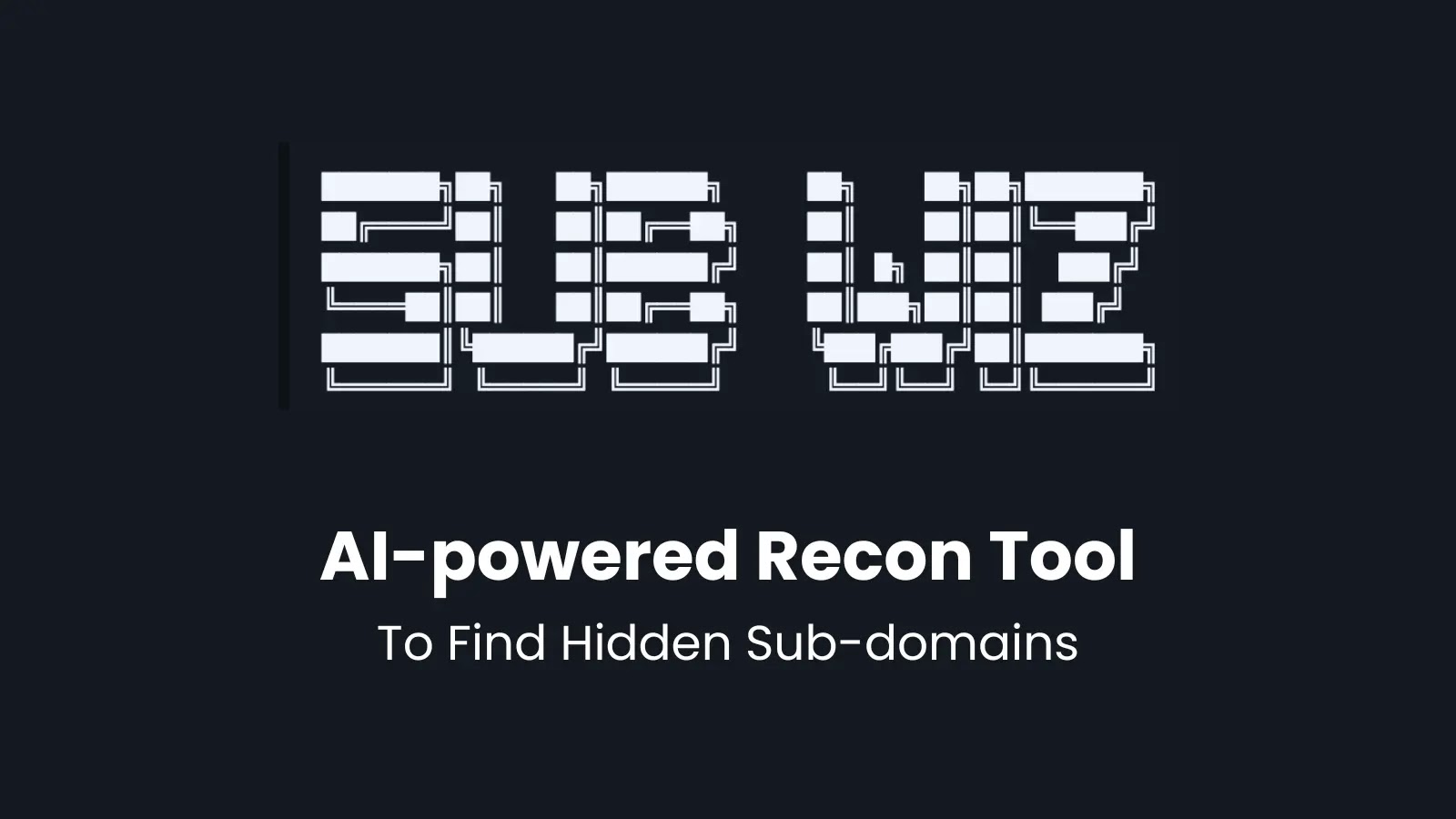In a recent development, Burger King has invoked the U.S. Digital Millennium Copyright Act (DMCA) to remove a blog post by security researcher BobDaHacker, which detailed significant vulnerabilities in the company’s drive-thru Assistant system. This action has ignited discussions about the use of copyright law to suppress legitimate cybersecurity findings.
Discovery of Critical Vulnerabilities
BobDaHacker identified multiple security flaws in the beta version of Burger King’s Assistant platform, built on AWS Cognito and piloted at select Burger King and Popeyes locations. The researcher discovered that the system allowed unrestricted account creation, leading to the transmission of user credentials in plain text via email. By exploiting these weaknesses, BobDaHacker gained administrative access across all connected restaurants, enabling the addition or removal of stores, modification of employee accounts, and interaction with drive-thru audio devices.
Responsible Disclosure and Subsequent Takedown
Adhering to responsible disclosure protocols, BobDaHacker reported the vulnerabilities to Restaurant Brands International (RBI), Burger King’s parent company, within an hour of discovery. Despite this prompt notification, the researcher received a takedown notice from threat intelligence firm Cyble, alleging trademark infringement and accusing the researcher of promoting illegal activity and disseminating false information. The complaint, framed as brand protection, cited unauthorized use of the Burger King trademark and threatened legal action under gross unfair competition.
Community Response and the Streisand Effect
The DMCA takedown led to widespread sharing of the original report within the cybersecurity community, invoking the Streisand effect—a phenomenon where attempts to suppress information result in greater public attention. Cybersecurity professionals shared archived copies of the report on platforms like Mastodon, underscoring the backlash against using DMCA to stifle security research.
RBI’s Position and Industry Implications
An RBI spokesperson stated that the Assistant program is in early testing and does not retain customer identities or long-term data. The company emphasized that the program aims to enhance the guest experience through features like order accuracy verification and real-time equipment notifications. However, RBI declined to comment on the legal notice or Cyble’s involvement.
BobDaHacker maintains that no sensitive customer data was stored or exfiltrated during testing. RBI reportedly patched the reported flaws on the same day they were disclosed. Nevertheless, the swift DMCA action has raised concerns about whether companies might weaponize copyright claims to avoid reputational damage instead of engaging constructively with the security community.
Historical Context of Security Issues
This incident is not the first time Burger King has faced cybersecurity challenges. In 2013, the company’s Twitter account was hacked, with the profile picture changed to a McDonald’s logo and tweets containing obscenities and references to drugs. The account was suspended shortly after the breach. Additionally, in 2023, Burger King’s French website exposed sensitive credentials due to a misconfiguration, potentially putting job applicants’ data at risk.
Broader Implications for Cybersecurity Disclosure
The use of DMCA takedowns to suppress cybersecurity research findings raises significant questions about the balance between protecting corporate interests and fostering an open environment for security disclosures. Critics argue that such actions may deter researchers from reporting vulnerabilities, ultimately compromising overall cybersecurity.
In conclusion, Burger King’s recent DMCA takedown of a security researcher’s blog post has sparked a broader debate on the appropriate use of copyright law in the context of cybersecurity disclosures. While companies have a right to protect their brand, the cybersecurity community emphasizes the importance of transparent and constructive engagement to address vulnerabilities and enhance security for all stakeholders.



